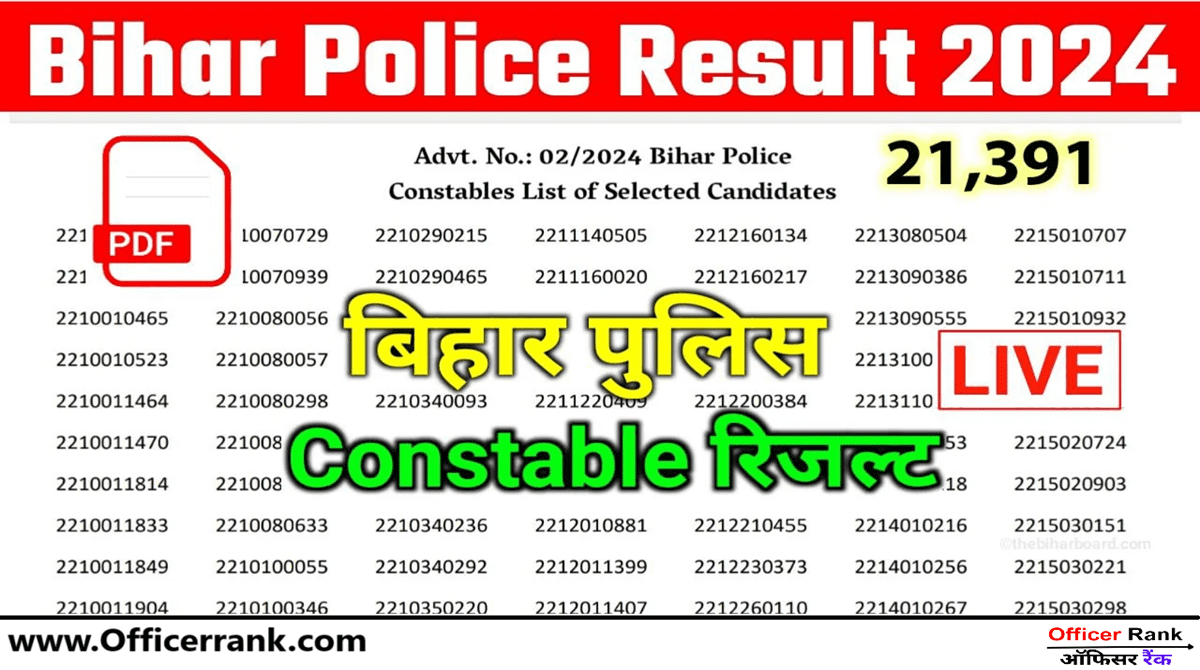Kojagari Puja is known by various names like Bengali Lakshmi Puja on Sharad Purnima. In 2023, Kojagari Laxmi Puja 2023 date and time is 28 October 2023 from 10:55 PM to 11:46 PM. The duration will be 50 minutes and the Purnima tithi will start from 4:17 AM on October 28 and end at 01:53 AM on October 29, 2023.
Kojagari Laxmi Puja 2023 Date and Time
Kojagari Puja is one of the most auspicious days known by different names in different regions. Some people call it Sharad Purnima or Laxmi Puja in Bengali because of the worship of Goddess Laxmi on Purnima day. Purnima tithi starts on October 28, 2023, at 4:17 AM and ends on October 29, 2023, at 1:53 AM.
Goddess Lakshmi is the goddess of money, luck, and prosperity, so on this day people worship the goddess for the wealth of their family and to remove financial obstacles from their lives.
Sharad Purnima Laxmi Puja Vidhi
Kojagara Puja usually starts in the evening with a puja ceremony and people also do jagaran ceremonies on this day. The evening is also known as Sharad Purnima in some parts of India. There is also a ritual of keeping kheer in the moonlight as the midnight hour is known as nishita kaal which is an auspicious time for performing puja ceremonies. This occasion is also celebrated in Bihar and Bundelkhand regions in different ways.
Some people also keep vigil all night which means devotees have to perform midnight jagran. A person who stays awake all night is called Kojagara (Ko + Jagara). The holy blessings of Goddess Lakshmi are given to devotees who follow Lakshmi Puja after performing midnight Jagran.

Kojagari Puja Rituals
The celebration of Kojagara Puja involves several traditions and ceremonies. Devotees worship and pray to Goddess Lakshmi during Kojagara Puja. The idol of the deity is erected or placed in pandals or residences. Kojagara Puja practices vary from place to place and religion to religion to receive divine blessings.
Devotees perform Lakshmi Puja under the guidance of a priest. Goddess Lakshmi begs for offerings of narkel bhaja, taaler phol, Naru, khichuri, and sweets to get her divine blessings. Women draw Alpana in front of their homes on this particular day to symbolize the feet of Goddess Lakshmi. Goddess Lakshmi is believed to visit every home on this day.
Celebration of Kojagari Laxmi Puja
Women draw Alpana in front of their homes on this particular day to symbolize the feet of Goddess Lakshmi. Goddess Lakshmi is believed to visit every home on this day to bestow her heavenly gifts for great wealth and abundant wealth. To appease the goddess, devotees keep vigil throughout the night reciting mantras, kirtans, and bhajans. Devotees illuminate their homes with clay lamps and other lights to greet the goddess.
On this day, believers also observe a fast, where they deprive themselves of food and liquids throughout the day. Devotees can break their fast once all the rites are done and give some rice and coconut water to Goddess Lakshmi.
Meaning of Kojagiri Puja
In the Hindu month of “Ashwin”, Kojagiri Puja is an auspicious day dedicated to the worship of Goddess Lakshmi on Purnima (full moon). The Indian states of Orissa, West Bengal, and Assam commemorate it with great grandeur. According to the Gregorian calendar, it falls between September and October.
Kojagiri Purnima, or Bengal Lakshmi Puja, is another name for this Lakshmi Puja day. As the goddess of prosperity, Lakshmi is believed to descend on earth on the day of ‘Ashwin Purnima’ to lavish everyone with prosperity and good health. In some areas of the nation, Kojagiri Purnima is also known as Sharad Purnima. It is a significant celebration in central India, especially in the Bundelkhand regions and several regions of Bihar.
Purpose of Kojagara Puja
The purpose of Kojagara Puja is to appease Goddess Lakshmi. Hindus consider Purnima, which occurs during the month of Ashwin, as the “Night of Awakening” when Maa Lakshmi is said to manifest on earth to bestow blessings on her devotees. Prosperity, wealth, and heavenly blessings of the god are bestowed upon the devotees who perform the puja ceremonies with utmost dedication. In North Indian states, harvest, and Kojagara celebrations fall on the same day.



